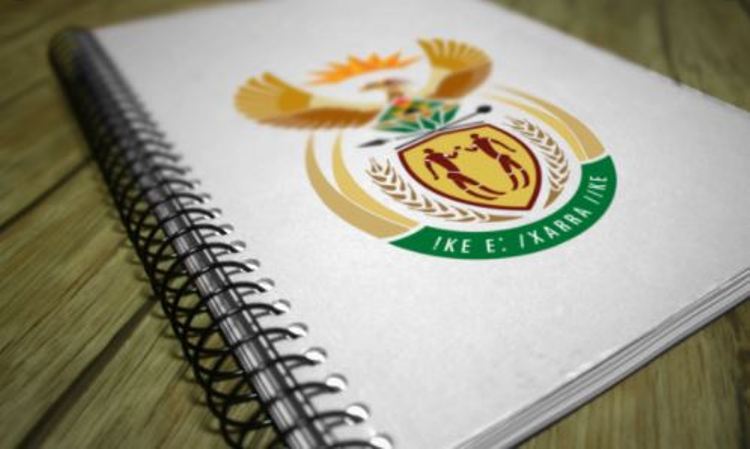Captive Lion Industry Faces Uncertain Future as Govt Proposes Voluntary Exit Options
With approximately 8,000 captive lions, South Africa is home to the world’s largest population of captive-bred lions.

- Country:
- South Africa
The Minister of Forestry, Fisheries and the Environment, Dr Dion George, has called on stakeholders in South Africa's captive lion industry to voluntarily relinquish their stockpiles of lion bones and derivatives. This appeal comes as the industry faces mounting ethical, regulatory, and conservation challenges, compounded by international misalignment and ongoing animal welfare concerns.
With approximately 8,000 captive lions, South Africa is home to the world’s largest population of captive-bred lions. However, the industry’s practices, including the trade of lion bones and derivatives, have attracted growing scrutiny for their lack of compliance with global conservation norms and ethical standards.
“The captive lion industry is plagued by a loss of social license, persistent welfare issues, and a departure from international norms. These issues undermine the industry’s sustainability and require urgent, collaborative solutions,” said Dr. George.
Voluntary Exit Pathways and Guiding Principles
In response to these challenges, the Department of Forestry, Fisheries and the Environment (DFFE) has outlined voluntary exit pathways for individuals involved in the lion bone trade. These pathways aim to mitigate unemployment among vulnerable workers while adhering to sustainable use principles.
“I encourage everyone with lion bones and derivatives to voluntarily surrender them as early as possible,” Dr. George said.
Ministerial Task Team Recommendations
A Ministerial Task Team, appointed in December 2022 by then-Minister Barbara Creecy, submitted a report on voluntary exit strategies in February 2024. Key recommendations include:
Developing exit pathways for industry participants.
Addressing the ethical and ecological concerns associated with captive lion operations.
Ensuring the protection of livelihoods for workers affected by the industry’s decline.
Following the report, Dr. George re-appointed several members of the Task Team to oversee the implementation of these recommendations. The Terms of Reference for this initiative were published in April 2024 (Government Gazette No. 50574).
How to Register for Voluntary Exit Options
The government has invited interested parties to register their intent to surrender lion bones and derivatives. Registration is confidential and does not obligate individuals to proceed with the voluntary exit.
Deadline: Responses must be submitted within 120 days of the Government Gazette notice publication.
Online Access: Registration details and forms are available at DFFE Website and can be submitted via post, hand delivery, or email.
Email: lionstockpile@dffe.gov.za
Contact for Inquiries: omashiyane@dffe.gov.za
Next Steps
The department will release a detailed implementation plan once the registration phase concludes and the Minister has approved the process. The plan will be shared publicly to ensure transparency.
Wider Implications for Conservation
This initiative reflects South Africa’s efforts to realign its conservation policies with international standards while addressing ethical concerns surrounding captive lion breeding and trading. It also underscores the government’s commitment to sustainable use and responsible wildlife management.
“By addressing these challenges collaboratively, we can move toward a more ethical, conservation-focused approach to wildlife management,” Dr. George stated.
For further information and to access the notice, visit the Government Gazette or contact the Secretariat of the Ministerial Task Team.
- READ MORE ON:
- Dr Dion George
- captive lion industry










